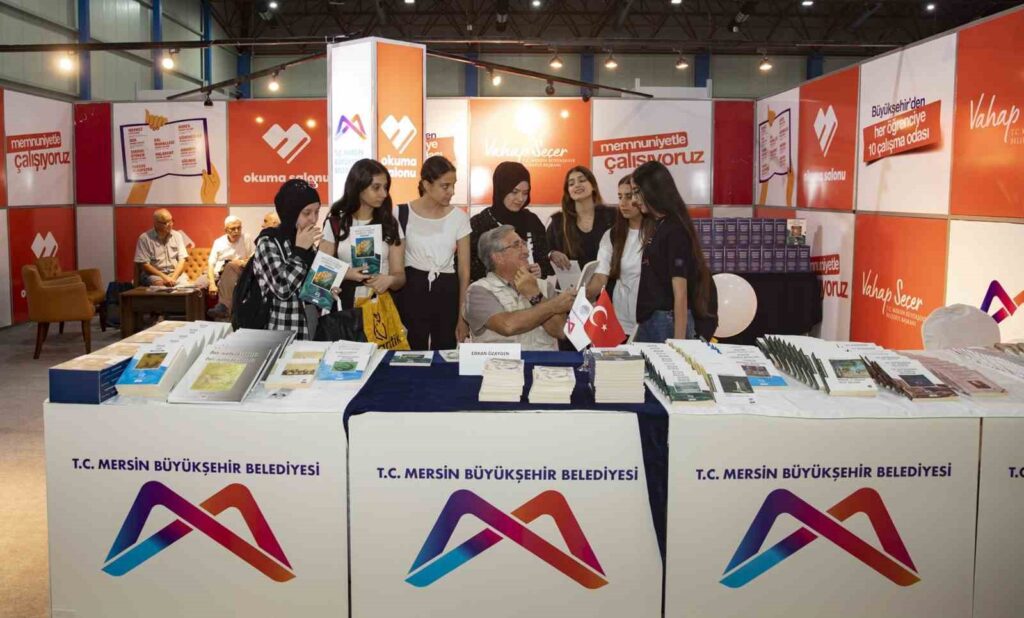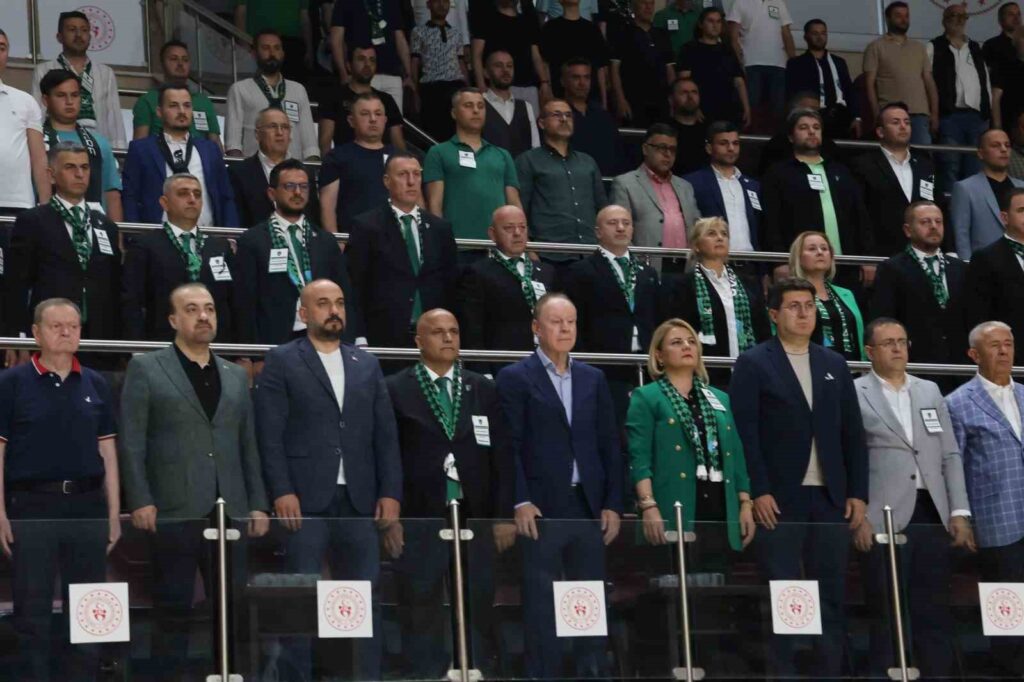Eğitim Bir-Sen Curriculum Evaluation
A detailed examination by Eğitim Bir-Sen on the curriculum from the perspective of teachers. The shortcomings of the curriculum and proposed improvements are discussed.

Eğitimciler Birliği Sendikası (Eğitim Bir-Sen), announced that a detailed and data-based meticulous evaluation has been carried out on the new curriculum draft ‘Turkey Century Education Model’ and the work has been completed to be shared with the Ministry of National Education.
Evaluation of Curriculum
Eğitim Bir-Sen Union reminded that within the scope of the new curriculum draft ‘Turkey Century Education Model’ prepared by the Ministry of National Education, the common text of the curricula and 26 lesson curricula were shared with the public for opinions and suggestions, stating that data-based studies on the subject were conducted. In the statement made by the union, it was mentioned that in the conducted studies, the opinions and suggestions of 4,630 members were collected through the ‘Turkey Century Education Model New Curriculum Draft Evaluation Survey’ sent to union members, and analyses were prepared accordingly.
‘It is expected that the textbooks should be in line with social development and realities, and contribute to value transfer in this context.’
The philosophy, direction, pedagogical approaches, and context of the announced curriculum were examined, and it was stated in the announcement that the work has been completed to be shared with the Ministry of National Education. The statement included the following expressions: ‘Curricula, which have an important place in the transfer of education systems in developed and developing countries, should have a philosophy of the curriculum. In the formation of this philosophy, it is necessary to create a context where the sociological, psychological, and physical elements of society are combined. Curricula are expected to be in line with the social structure, meet pedagogical requirements, be in line with social development and realities, and contribute to value transfer in this context.’
- Our current curricula approach to values is far from being systematic and planned.
- In the analysis conducted within the scope of universal, national, and spiritual values, it is understood that the programs generally have a very limited content, especially in terms of national and spiritual values.
Values Education
The statement emphasized that the process of imparting certain values to students should not be limited to specific lessons only, stating that ‘Values education at school should be approached with a holistic understanding. In this context, values should be taught in all relevant lessons, and the transfer of values should be reflected in the general atmosphere of the school. Values should not only be approached in the cognitive domain, but also in the affective domain, and the skill dimension should not be neglected.’
- Values should be associated with the affective domain in programs.
- It should not be forgotten that value transfer that remains only in the cognitive dimension will not be effective in the long run.
The statement expressed the hope that the Ministry of National Education will consider the efforts and studies carried out regarding the Turkey Century Education Model Curriculum Draft and create a curriculum that values national, spiritual, and universal values, contributes to raising qualified generations that prioritize physical, bodily, mental, spiritual, and moral development.







